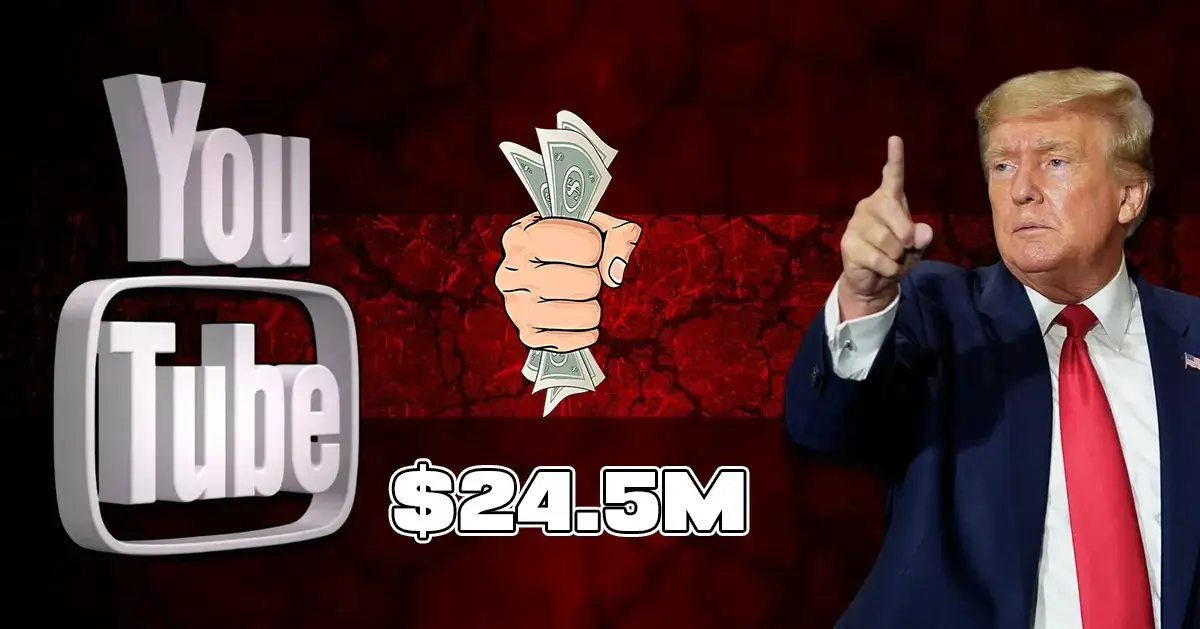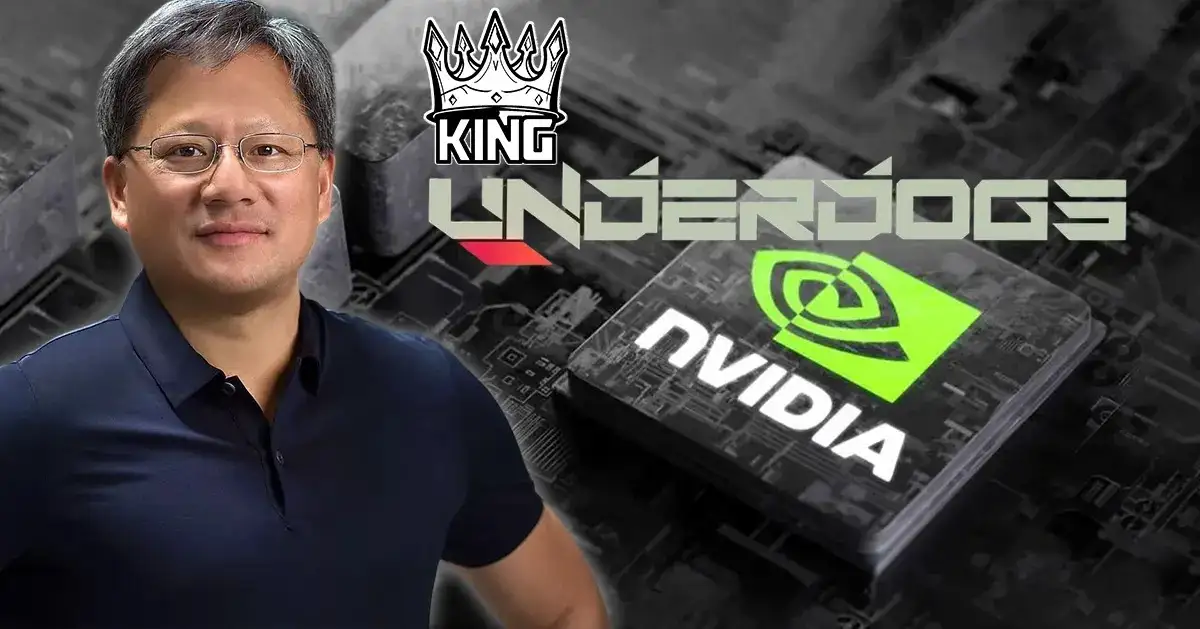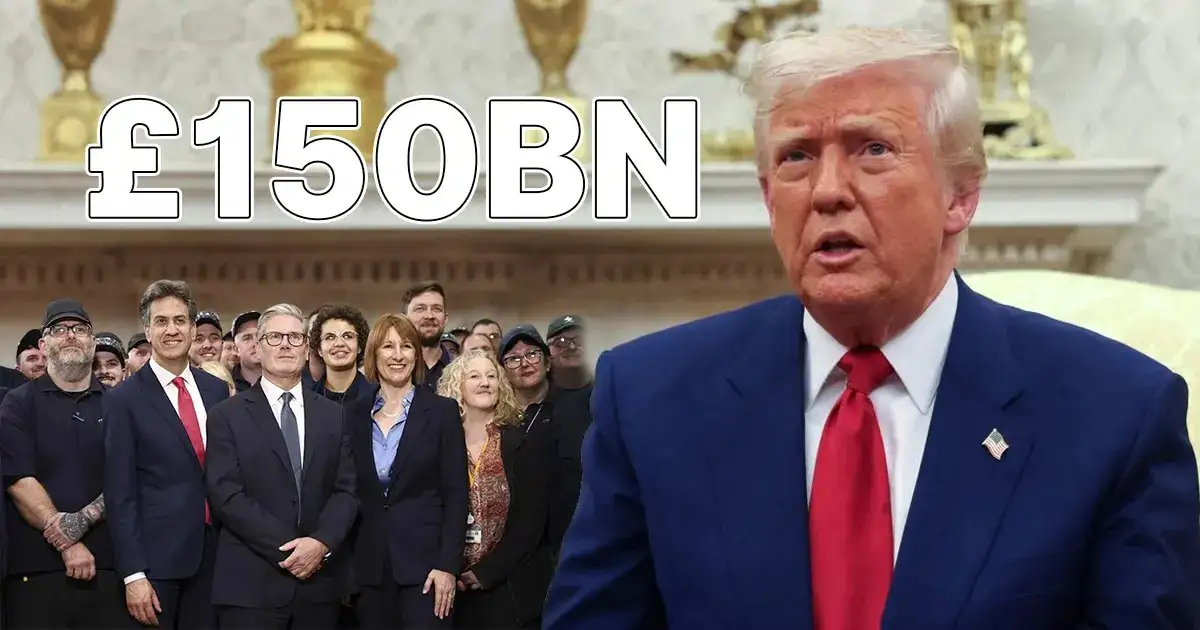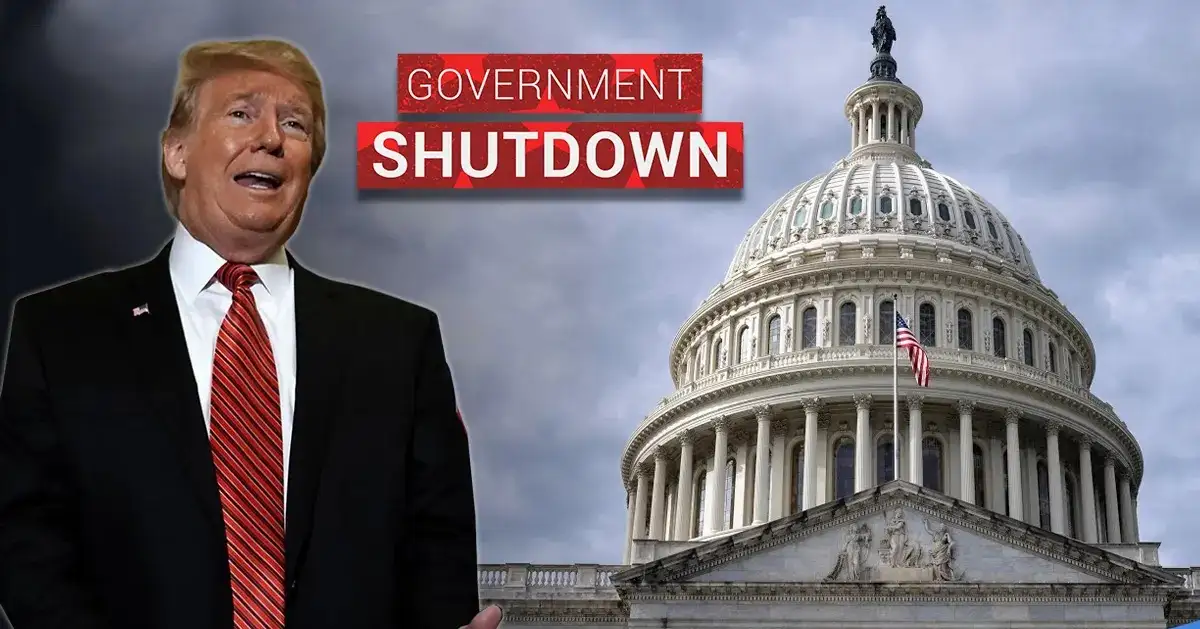YouTube To Pay $24.5m Settlement To Trump Over Suspension
Following the January 6, 2021, Capitol riot, YouTube suspended Donald Trump’s YouTube account due to some security concerns. Trump filed a lawsuit against YouTube over his account suspension in California, and now he has won. YouTube has agreed to pay $24.5 million to settle the Trump lawsuits.
Trump’s Lawsuit Accused YouTube and Its Parent Company Alphabet Of Censoring His Voice
The platform had blocked Trump’s channel on January 12, 2021, and violated his right to freedom of speech. They cited concerns that after the Capitol attack, Trump’s posts could further provoke violence.
At that time, the legal experts dismissed the case, saying it was unlikely to win.
“Private platforms are not bound by the First Amendment,” said constitutional scholar Erwin Chemerinsky in 2021. “But the political optics are powerful, and that’s what Trump is leveraging.”
Now, there are massive political and power shifts after 2025 with Trump back in the White House. Alphabet joins Meta and X (formerly Twitter) in settling similar lawsuits. Meta paid $25 million in January, while X agreed to a $10 million settlement in February.
Where Does the Money Go?
According to court filings, $22 million of the YouTube settlement will be paid on Trump’s behalf to the Trust for the National Mall.
The funds will support the construction of a $200 million White House State Ballroom. This is a project Trump has described as “a symbol of unity and renewal for the American people”.
The remaining $2.5 million will be distributed among other plaintiffs. These plaintiffs include author Naomi Wolf and the American Conservative Union. Both of these joined the lawsuit, citing political bias and suppression of conservative voices.
No Wrongdoing By Both Companies
The court filing states plainly:
“This settlement shall not constitute an admission of liability or fault on behalf of the defendants or related parties”.
In March 2023, Trump’s YouTube account was reactivated. Since then, Trump resumed uploading content. His digital presence has grown steadily. Campaign videos and presidential addresses regularly appear on the platform.
The Timing Of The Settlement Has Drawn Attention In Washington
In August, Democratic senators led by Elizabeth Warren sent a letter to Google CEO Sundar Pichai and YouTube CEO Neal Mohan. These letters were warning that such payouts could resemble a “quid-pro-quo arrangement” to avoid scrutiny over antitrust and labor issues.
The letter stated that “These settlements may amount to a backdoor deal that undermines accountability and raises serious ethical concerns”.
While no formal investigation has been announced, the letter signals growing discomfort with the tech industry’s apparent alignment with the current administration.
Both Pichai and Meta CEO Mark Zuckerberg attended Trump’s second inauguration in January, a gesture of solidarity that foreshadowed broader US corporate engagement, including the recent pledge of £150bn investment in the UK.”
Legal Analysts Say The Settlement Reflects A Calculated Exit, Not A Legal Defeat
“This is about risk management,” said Barbara McQuade, former U.S. Attorney and law professor. “Tech companies are choosing to settle rather than fight a politically charged battle in court.”
Others see it as a shift in platform governance.
“We’re entering a phase where content moderation is no longer just a technical issue; it’s a political one,” said tech policy expert Kara Swisher. “These settlements show that platforms are recalibrating their approach to power.”
The YouTube Settlement Is Part Of A Wider Pattern
In recent months, Trump has secured payouts from multiple media companies. ABC News paid $15 million in December 2024 to settle a defamation case over anchor George Stephanopoulos’ on-air comments.
On the other hand, Paramount paid $16 million in July to resolve a lawsuit over editing at CBS’s “60 Minutes”. Trump’s legal team has framed these outcomes as victories for free speech.
“President Trump has always stood for the right of every American to speak freely,” said campaign spokesperson Steven Cheung. “These settlements prove that censorship has consequences.”
Implications Go Beyond The Courtroom
The settlement pushed tech platforms, lawmakers, and users to rethink. Now, the tech platforms have to wisely think about how to handle the political figures. Lawmakers have to be more aware of transparency, regulations, and influence. Users will now be more confident regarding their control over their digital presence.






